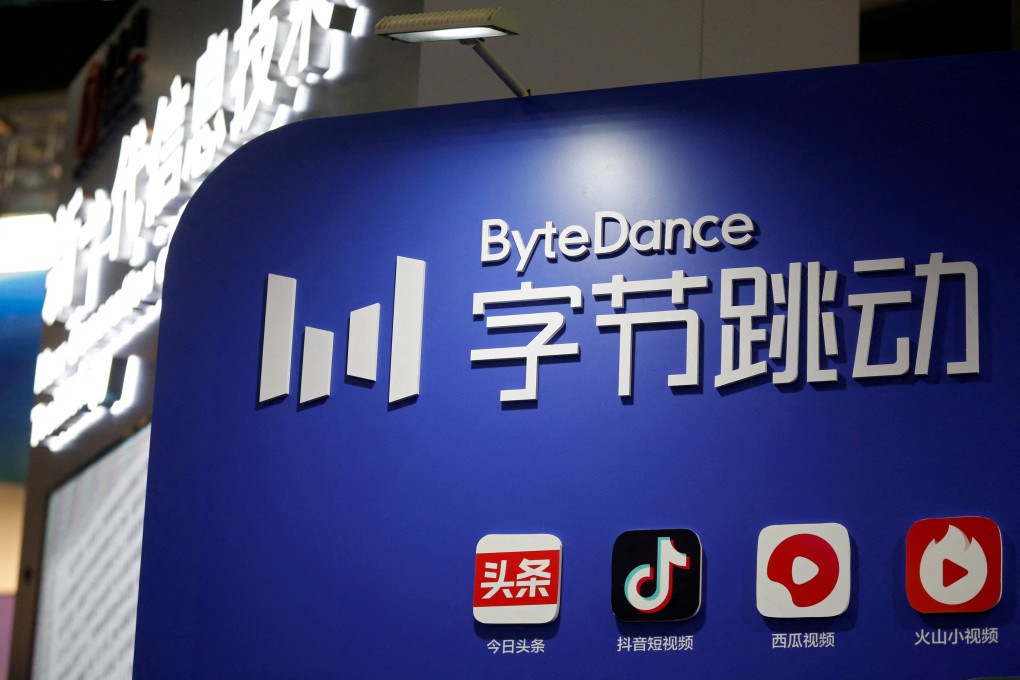TikTok facing fresh scrutiny over Beijing influence after Forbes report on how 300 ByteDance employees used to work for state media
- The Forbes report states that ByteDance currently employs 300 people who previously worked at state media outlets
- However, journalism experts have questioned the suggested link between previously working for state media and ongoing propaganda efforts

Scrutiny of Chinese state influence over ByteDance-owned short video app TikTok by US media has reached new levels after a report by Forbes that 300 current employees at the app and its parent used to work for Chinese state media outlets.
The report, which is based on public employee profiles on LinkedIn, said the records “reveal significant connections between TikTok’s parent company, ByteDance, and the propaganda arm of the Chinese government”, fanning fears that Beijing could use ByteDance platforms to influence public opinion.
The Forbes report shows that ByteDance has hired people who have previously worked at state media outlets, including Xinhua, the People’s Daily – the official mouthpiece of the ruling Chinese Communist Party – and China Global Television (CGTN), owned by the Chinese state broadcaster China Central Television.
However, some journalism experts questioned the suggested link between where a person has previously worked in Chinese media and participation in propaganda efforts.
“In China, becoming a journalist basically means working for state-owned media,” said Fang Kecheng, an assistant professor at the School of Journalism and Communication at the Chinese University of Hong Kong. All media outlets registered in China that allow original reporting have to be publicly owned and Chinese regulations prohibit private or foreign capital in news production.
Fang added that many opinion leaders and intellectuals, with a background in state media, are critical of the Chinese authorities and do not take propaganda orders from the state.
Yuan Li, a columnist for The New York Times and one of the most vocal critics of Beijing, worked for Xinhua, while Hu Shuli, founder of Chinese media groups Caijing and Caixin and the face of investigative journalism in China, worked for a state-owned newspaper in her early career, Fang noted
According to the Forbes report, about 300 ByteDance employees, including 50 at TikTok, have worked at Xinhua, the People’s Daily and CGTN, and some are still employed at these state media outlets. A ByteDance representative said in a written statement that ByteDance does not allow its employees to have second or part-time jobs. ByteDance employs around 100,000 people globally.